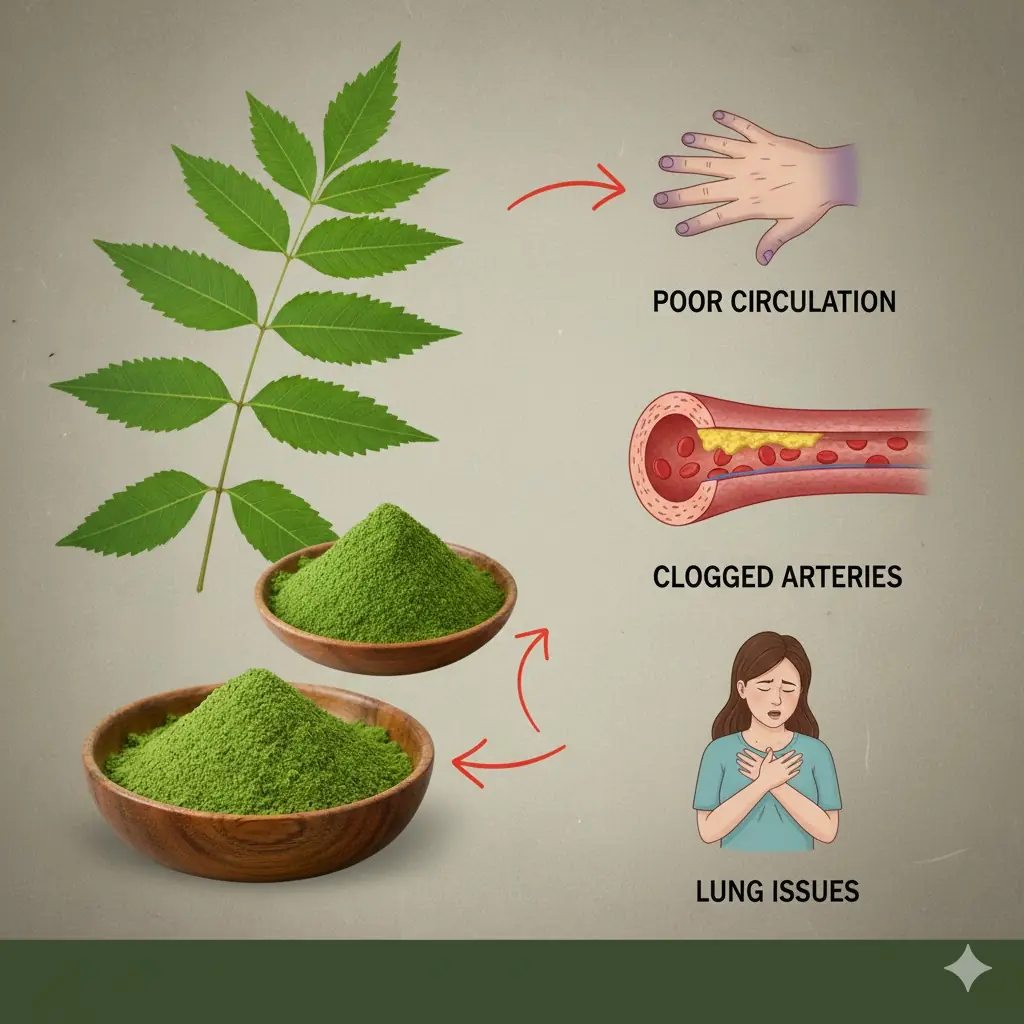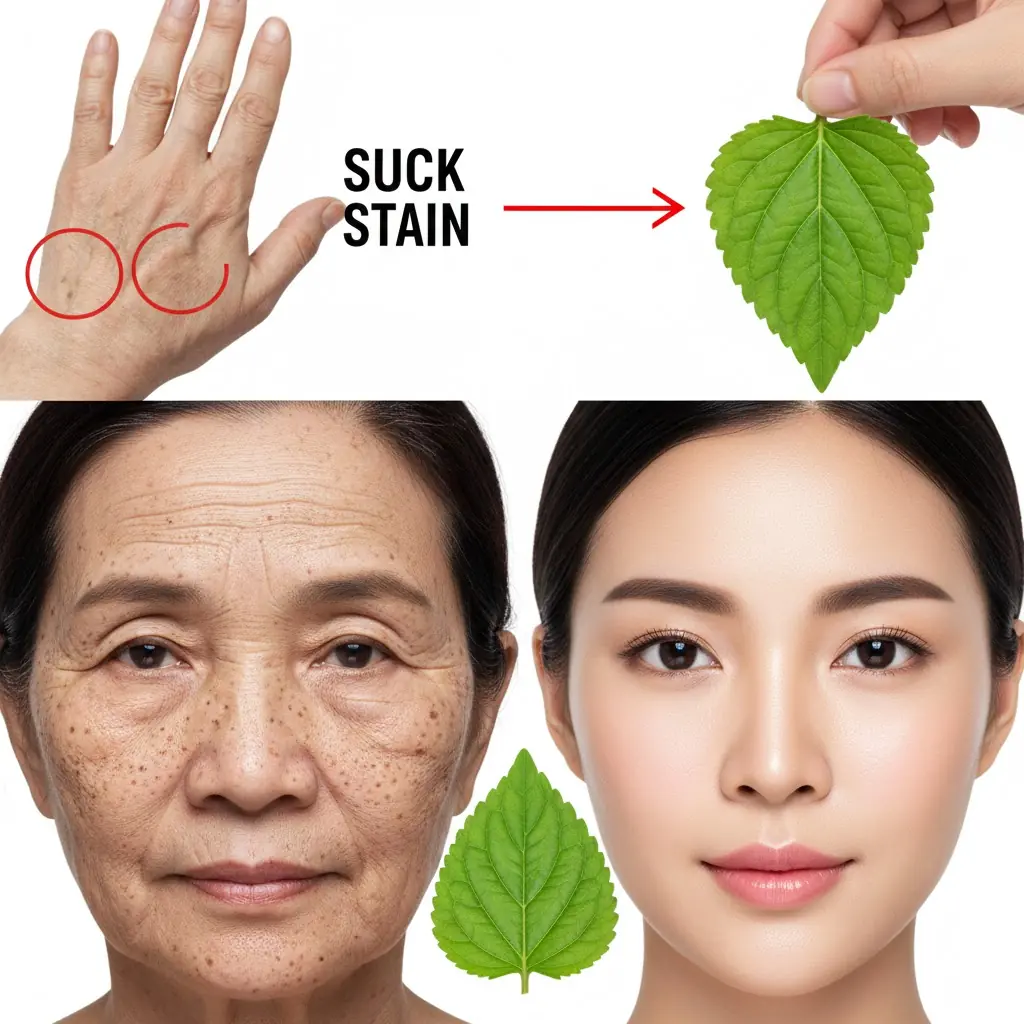
8 warning signs of colon cancer you should never ignore

Colon cancer is no longer just a concern for older adults. Alarmingly, rates of colorectal cancer have doubled in people under 55 over the past few decades. It has now become the leading cause of cancer-related death among individuals aged 20 to 49—a trend that has caught both patients and doctors off guard.
Despite this, colon cancer remains highly preventable and treatable when caught early. Unfortunately, many of its early symptoms are subtle—or entirely absent—until the disease is in an advanced stage. That’s why awareness and early screening are absolutely critical.
🔍 Key Takeaways:
-
Colon cancer is preventable in many cases if detected early.
-
Symptoms are often mild or vague and can be easily dismissed.
-
Regular screenings save lives, especially for those at higher risk.
🧬 What Is Colon Cancer?
Colon cancer, or colorectal cancer, starts in the large intestine (colon) or rectum. Most cases begin as benign polyps—small, noncancerous growths on the inner lining of the colon. Over time, some polyps can undergo genetic changes and develop into cancer.
This progression—from a harmless polyp to malignant cancer—can take 5 to 10 years, offering a valuable window of opportunity for early detection and removal through routine screenings like colonoscopy.
Once cancer develops, it can invade deeper layers of the colon and spread to nearby lymph nodes or distant organs via the bloodstream and lymphatic system—a process called metastasis. The later it’s caught, the more difficult it becomes to treat.
The good news? Routine screening can detect and remove precancerous polyps before they turn dangerous. For this reason, colon cancer is often called one of the most preventable forms of cancer.
⚠️ Early Signs and Symptoms to Watch For
Many people with early-stage colon cancer experience no symptoms at all. However, being alert to the following warning signs can make a critical difference:
1. 🚽 Changes in Bowel Habits
Persistent diarrhea, constipation, or a change in the shape or consistency of your stool—especially if it lasts more than a few days—should not be ignored.
-
Feeling like your bowel doesn’t completely empty
-
A narrowing or "pencil-thin" stool
-
New urgency or frequency
If this is a new and persistent issue, talk to your doctor.
2. ⚖️ Unexplained Weight Loss
Losing more than 10 pounds in a few months without a change in diet or exercise is a red flag. Cancer cells consume a lot of energy, and your body may burn more calories just trying to keep up.
Unintentional weight loss should always be medically evaluated.
3. 🩸 Blood in Your Stool
-
Bright red blood may appear on toilet paper or in the bowl.
-
Dark or tarry stools may indicate bleeding higher up in the digestive tract.
While blood can result from hemorrhoids or anal fissures, it can also signal something much more serious like colorectal cancer.
📌 Pro Tip: Any rectal bleeding should be investigated—especially if it recurs or is accompanied by other symptoms.
4. 🌑 Iron Deficiency Anemia
Slow internal bleeding in the colon can lead to low iron levels, even without visible blood in your stool. Symptoms include:
-
Fatigue
-
Weakness
-
Pale skin
-
Shortness of breath
Iron deficiency anemia in adults—particularly men or postmenopausal women—should trigger an investigation for possible GI bleeding, including a colonoscopy.
5. 💨 Persistent Gas, Bloating, or Cramps
We all experience bloating or gas occasionally, but persistent abdominal discomfort, pressure, or cramps that don’t improve with diet changes may be a sign of a partial obstruction caused by a tumor.
Also look out for:
-
Pain that’s localized and recurring
-
Bloating not linked to food
-
Visible swelling or discomfort in the lower abdomen
6. 🧻 Feeling of Incomplete Evacuation
If you frequently feel like your bowel hasn’t fully emptied after a bowel movement—or experience chronic discomfort in the rectal area—it could be a sign of a growth or inflammation in the lower colon or rectum.
Don’t normalize this feeling if it’s persistent.
7. 🧍♂️ No Symptoms at All
Perhaps the most dangerous aspect of early colon cancer is that it can be completely silent. That’s why routine screenings are so essential—especially if you’re at average or elevated risk.
🧪 Screening Guidelines: When and How to Get Checked
The U.S. Preventive Services Task Force now recommends beginning colorectal cancer screening at age 45, even for those at average risk.
🔍 Common Screening Options:
1. Colonoscopy (Every 10 Years)
-
Gold standard for detection and prevention.
-
Can remove polyps and perform biopsies in real-time.
-
Requires bowel prep and sedation.
2. Stool-Based Tests (Annually or Every 3 Years)
-
FIT Test (Fecal Immunochemical Test): Detects hidden blood in stool.
-
Stool DNA Test (e.g., Cologuard): Detects both blood and cancer-related DNA.
These non-invasive tests are useful if you're unwilling or unable to get a colonoscopy, but a positive result will still require follow-up with a colonoscopy.
👪 Special Risk Groups: You May Need to Start Earlier
You may need earlier or more frequent screenings if you:
-
Have a first-degree relative (parent, sibling, or child) with colon or rectal cancer
-
Have a personal history of polyps or inflammatory bowel disease (IBD) such as Crohn’s or ulcerative colitis
-
Carry a genetic condition like Lynch syndrome or familial adenomatous polyposis (FAP)
In some high-risk individuals, screening starts as early as age 25–30.
🛡️ Prevention Tips: Lower Your Risk
Besides screening, there are several lifestyle changes that can help prevent colon cancer:
✅ Eat more fiber-rich foods (vegetables, fruits, legumes, whole grains)
✅ Limit red and processed meats
✅ Stay physically active
✅ Avoid or limit alcohol
✅ Don’t smoke
✅ Maintain a healthy body weight
✅ Get screened on schedule—even if you feel fine
✅ Conclusion: Don’t Wait for Symptoms—Act Now
Colon cancer is preventable, treatable, and beatable—if caught early. With younger adults increasingly affected, it’s time to take this seriously. Knowing the signs, understanding your risk, and following recommended screening guidelines could save your life or the life of someone you love.
If you’ve noticed any of the symptoms listed above—or if you’re overdue for a screening—speak with your healthcare provider. A simple test today could prevent a crisis tomorrow.
Your health is in your hands. Don’t ignore the signs. Be proactive, get screened, and stay informed.
News in the same category


The Hidden Power of Guava Leaves: Why More People Are Drinking This Tea Daily 🍃

Natural Remedy with Ginger, Onion, Garlic, Lemon, and Honey: A Homemade Recipe to Boost Immunity and Ease Colds and Coughs
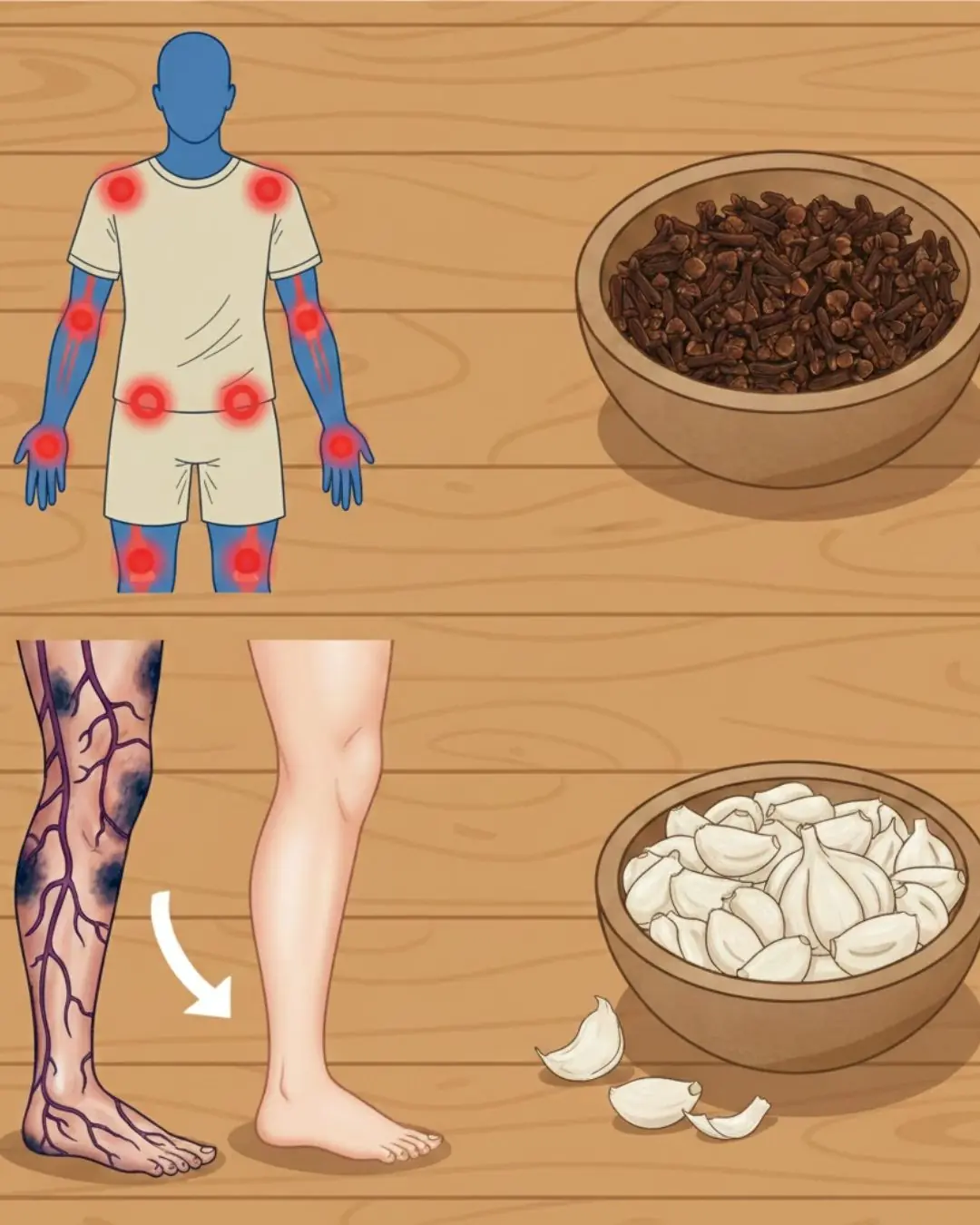
My Mother Couldn’t Walk from the Pain – Until We Tried This Garlic & Clove Oil Remedy

Natural Overnight Mask to Rejuvenate Your Skin Simply and Effectively
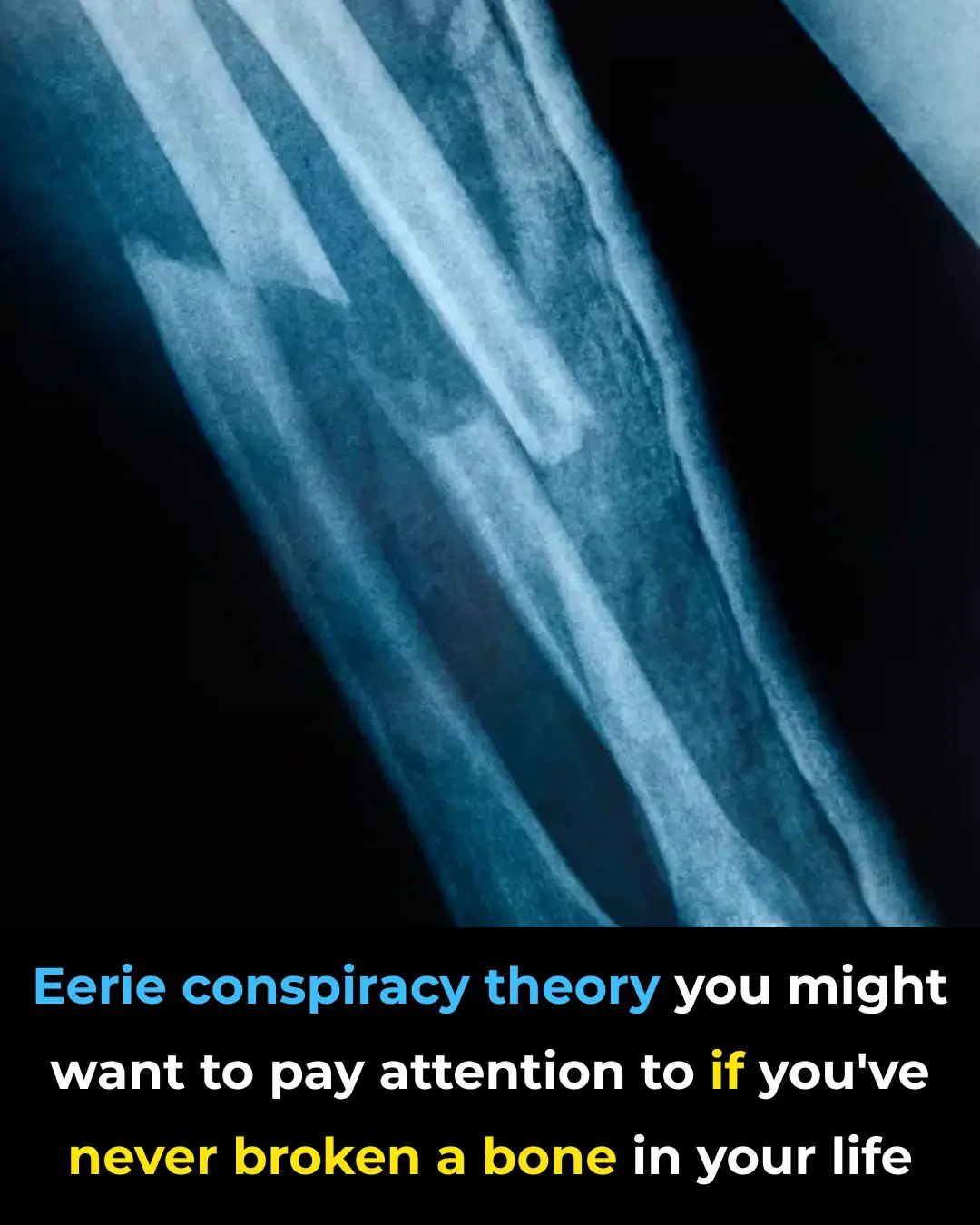
Never Broken a Bone
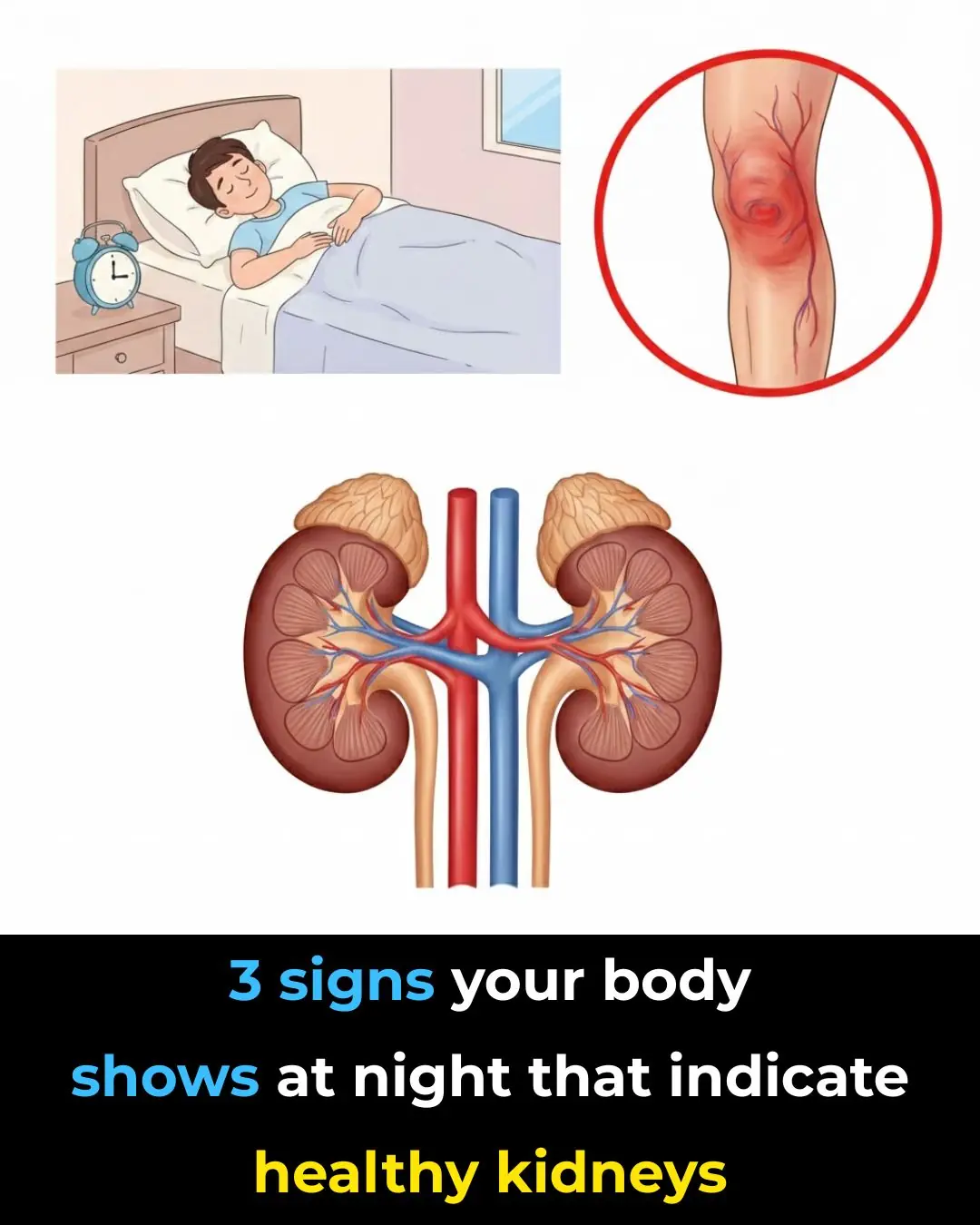
🌙 If You Notice These 3 Signs at Night, Your Kidneys Are Likely in Great Shape

3 Selfish Habits of Husbands That Increase Their Wives’ Risk of Cervical Cancer – Stop Them Now Before They Harm the Whole Family

Why Neck Skin Sags as We Age
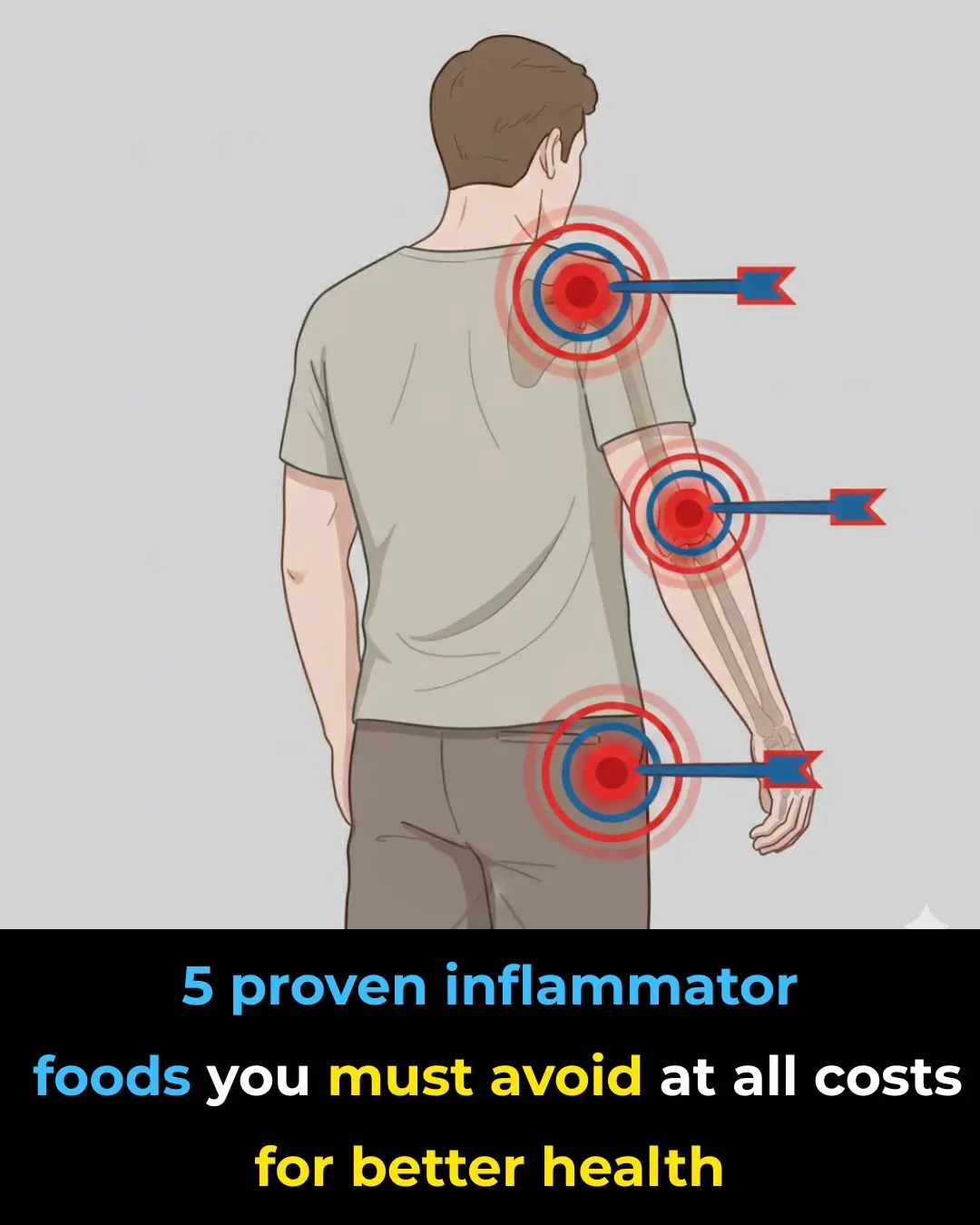
Proven Inflammatory Foods to Avoid According to Science
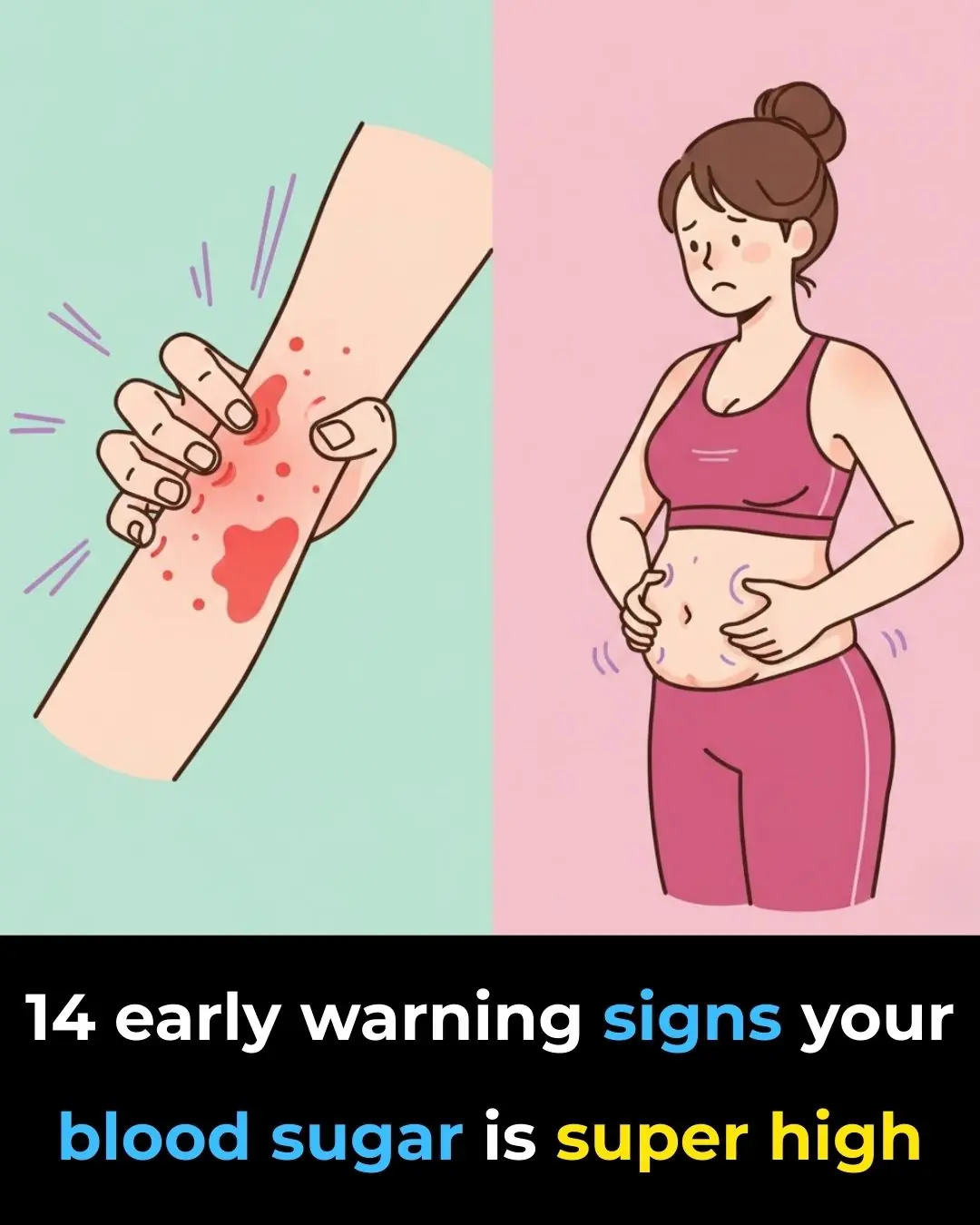
14 Signs Your Blood Sugar Is Way Too High (And 14 Ways to Reduce It)

Walking Barefoot at Home

Stronger Than Eggs? The Affordable Seeds That May Support Muscle After 75

How to Prepare Okra Water to Naturally Support 17 Aspects of Health

Papaya Seeds for Joint Relief: A Simple Home Habit to Explore for Knee, Back, and Spine Comfort

Be amazed by this vitamin that can improve leg circulation and help protect against clots!
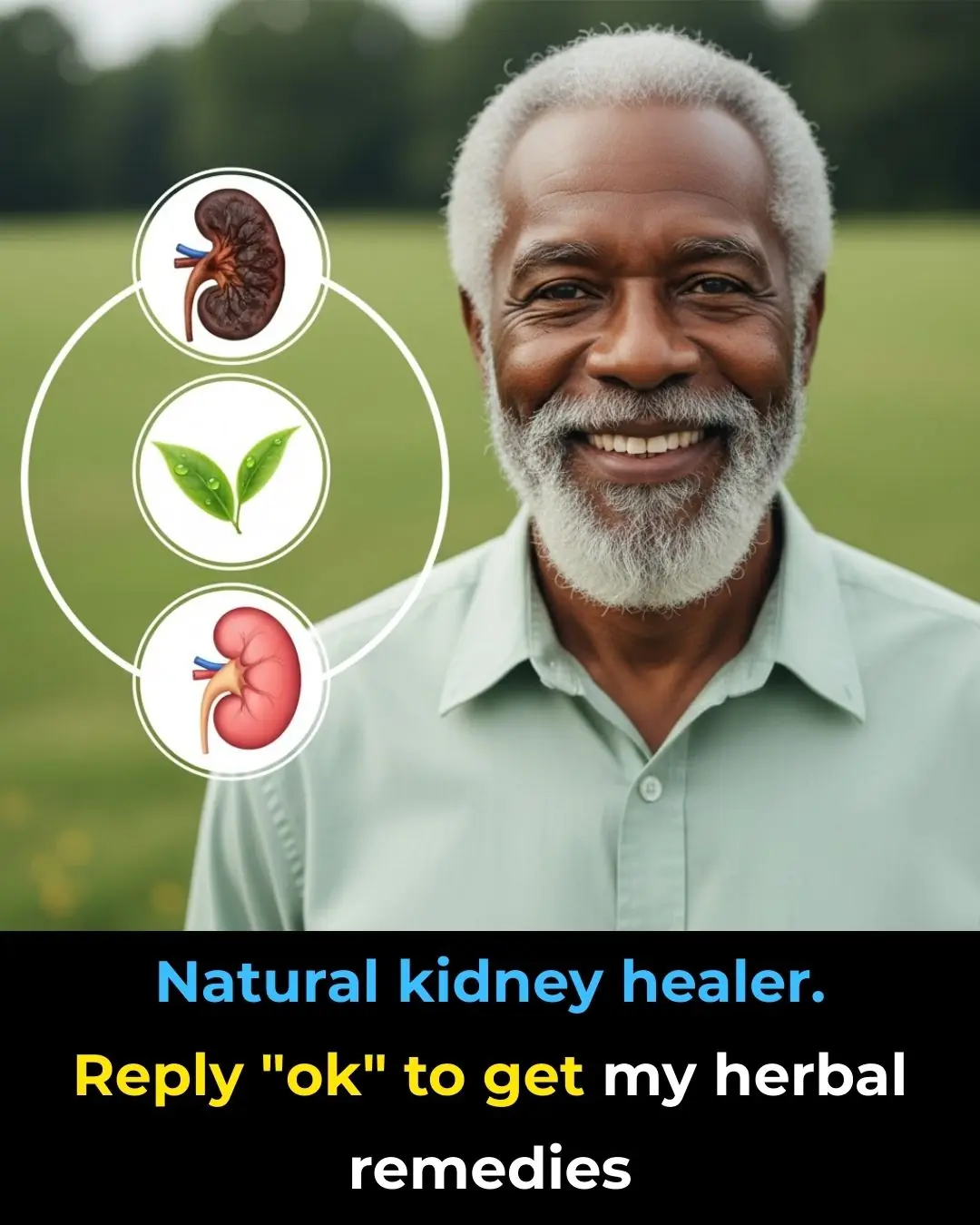
Discover Simple Everyday Herbal Habits That Can Naturally Support Kidney Health
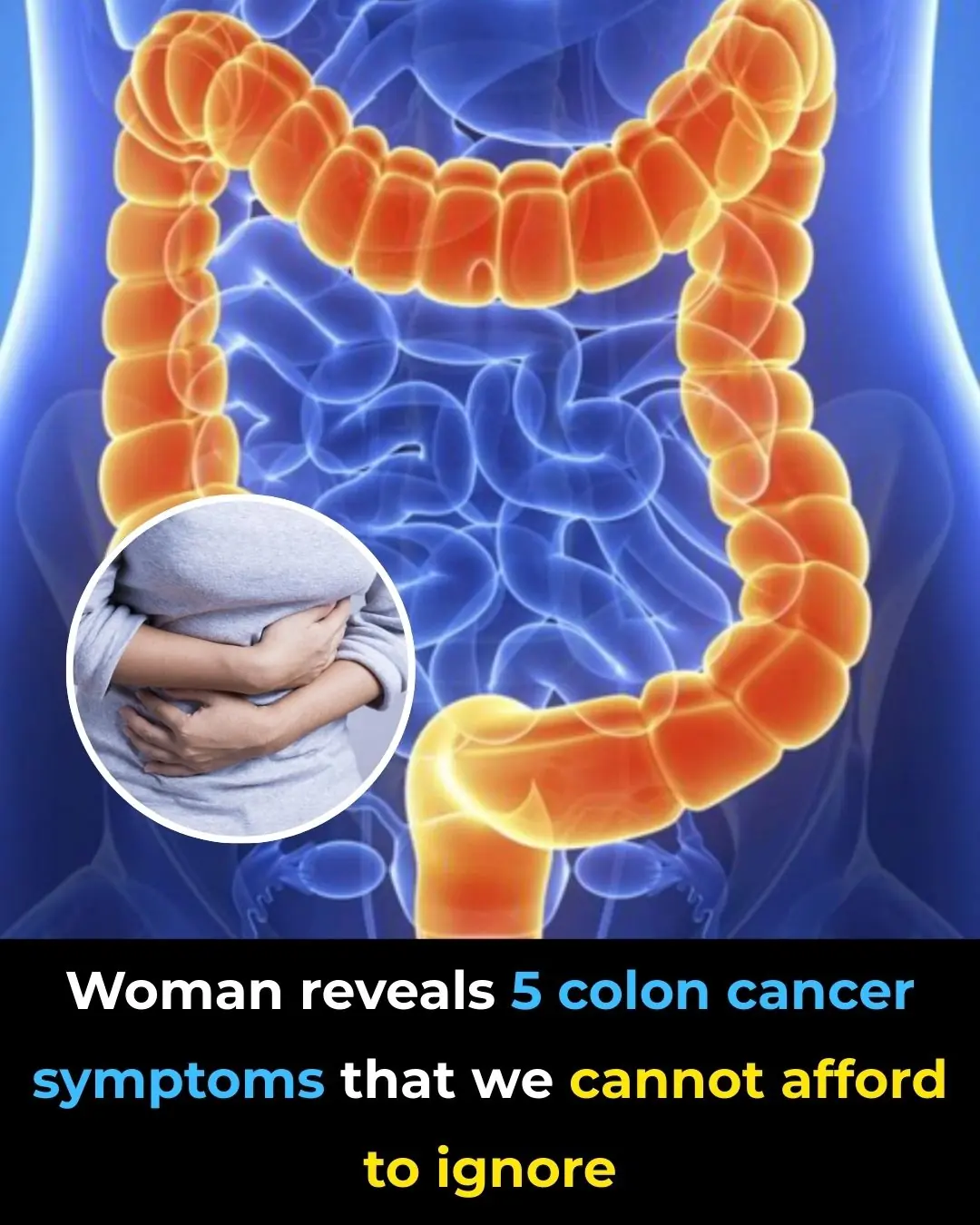
Woman reveals five colon cancer symptoms that should not be ignored

What Are Eye Floaters? Here What To Do If you Start Seeing Them, According to an Eye Doctor
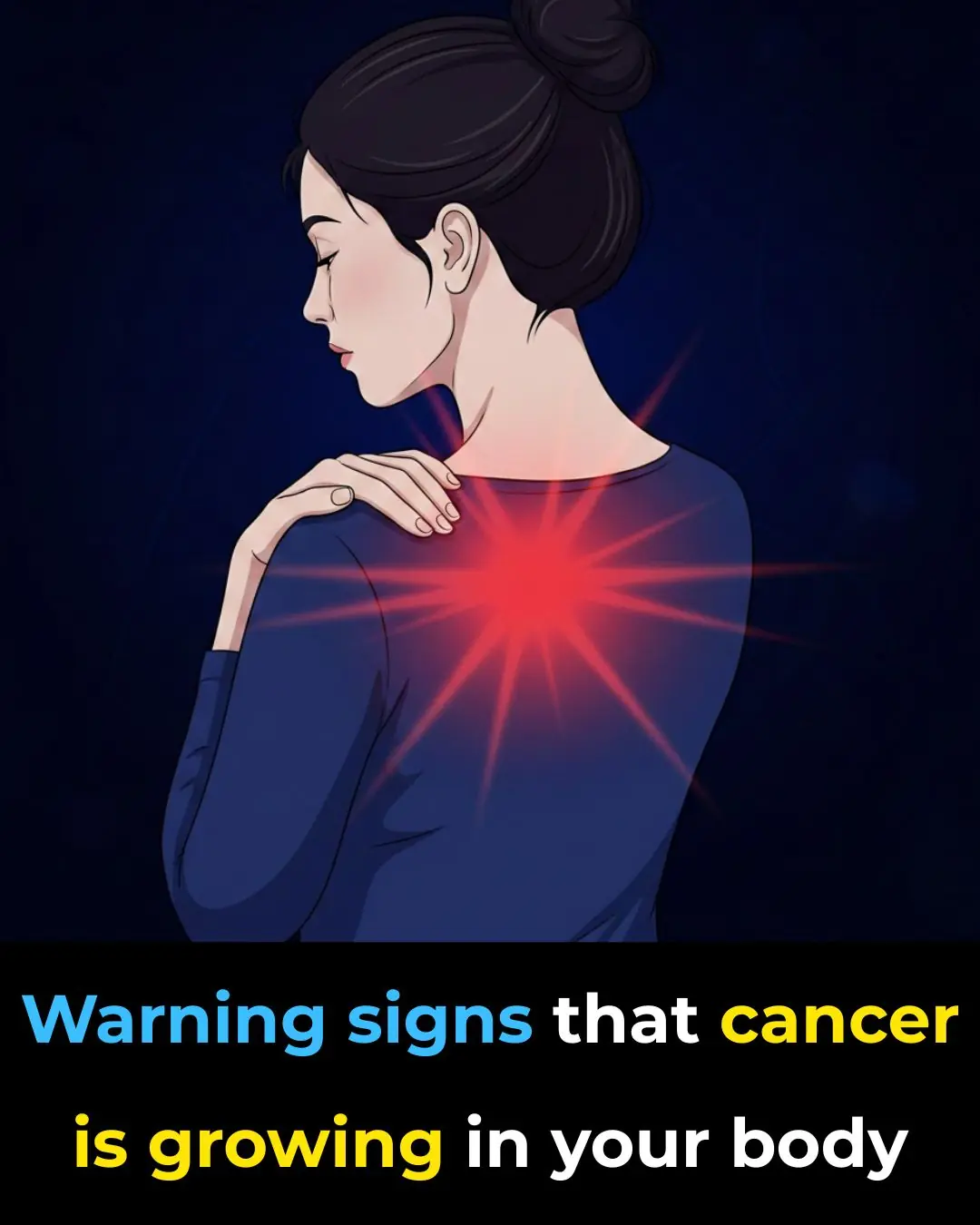
5 warning signs of cancer developing in the body
News Post
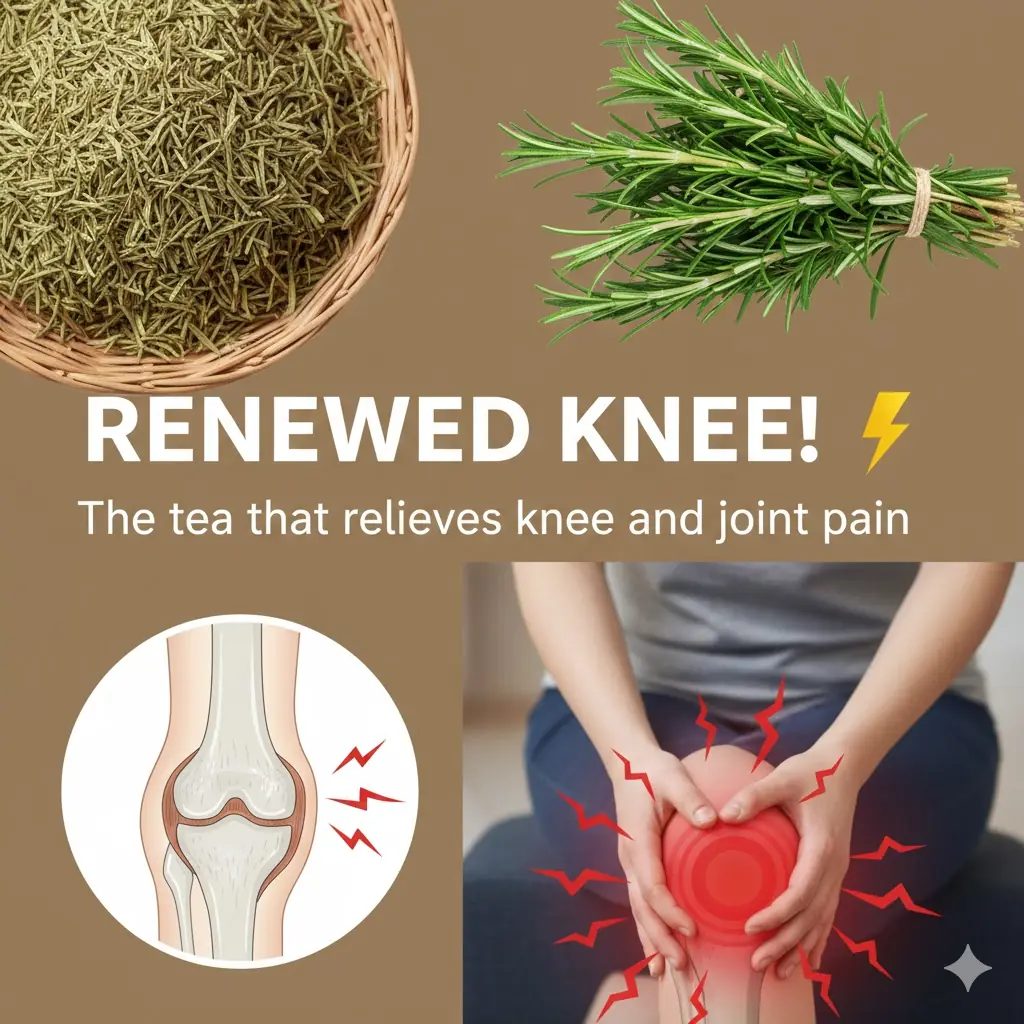
Bay Leaf, Rosemary & Clove Infusion: A Natural Remedy for Knee Pain
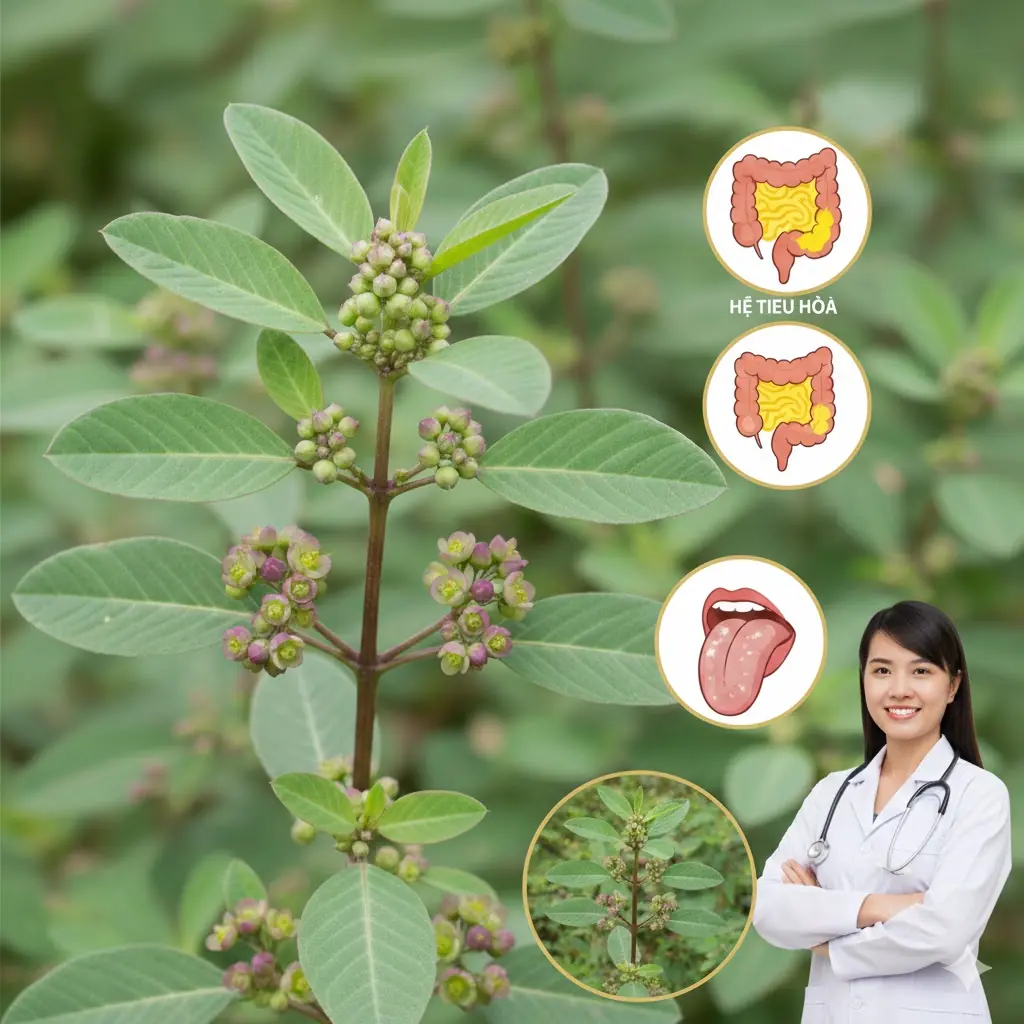
The Hidden “Gold” in Your Yard: Why This Humble Weed Might Be Your Gut’s Best Friend
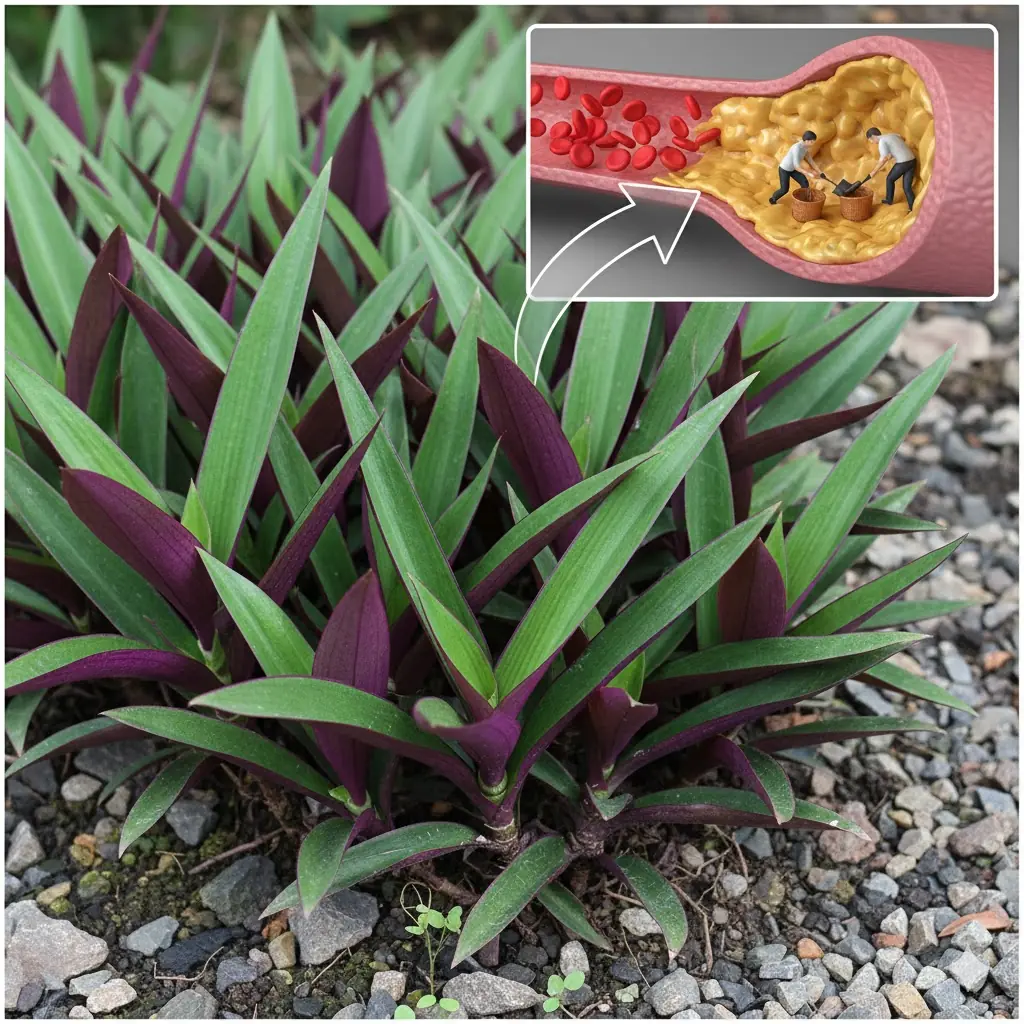
Say Goodbye to UTIs Naturally: The Powerful Healing Secrets of Tradescantia Spathacea

Wild Lettuce Root: The Natural Remedy That Relieves Pain, Anxiety, and Detoxifies Your Body
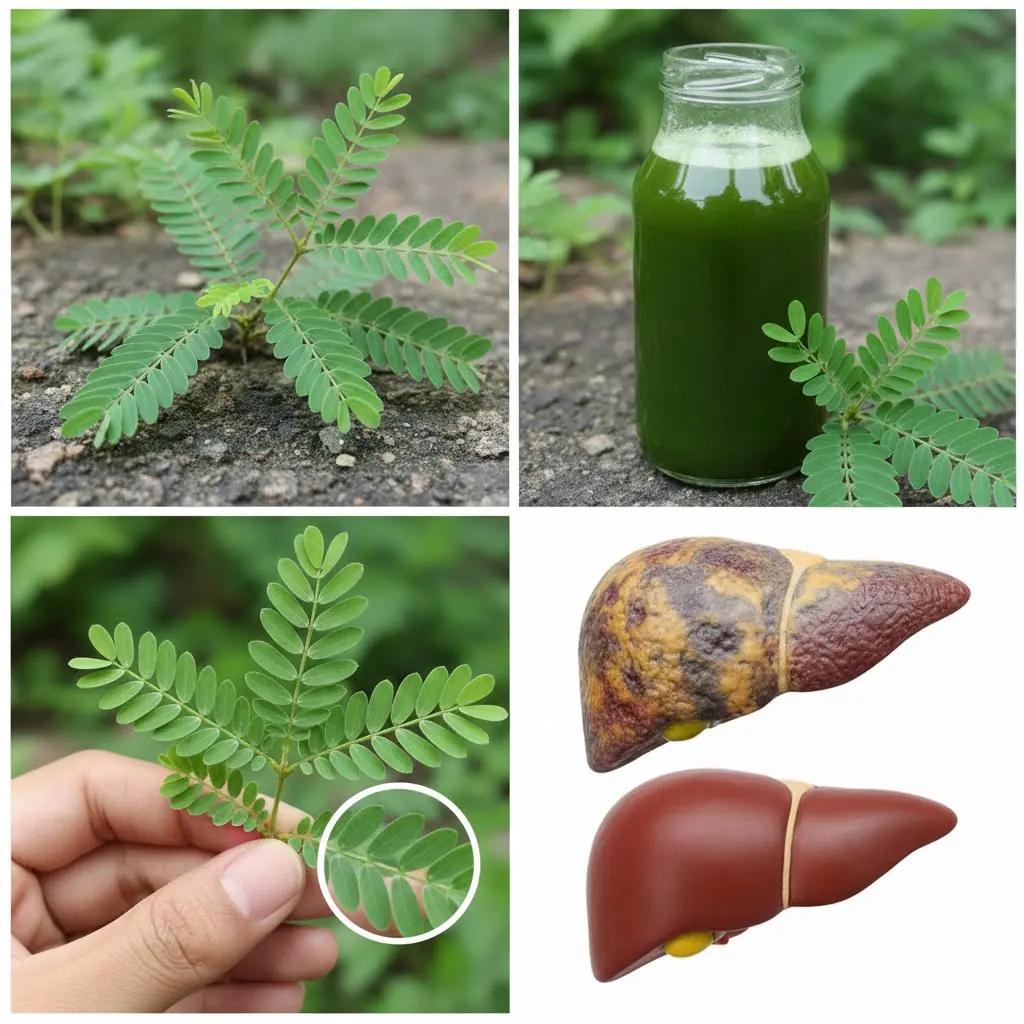
One Leaf of This Plant Is Worth Its Weight in Gold (Did You Know?)

Discover Euphorbia Hirta: The Tiny Weed Growing in Your Yard That Supports Respiratory Health and Offers So Much More

He Fired the “Janitor”… Then the FBI Walked In

Old Wrinkles and Drooping Mouth? Not Anymore

The Hidden Power of Guava Leaves: Why More People Are Drinking This Tea Daily 🍃

Natural Remedy with Ginger, Onion, Garlic, Lemon, and Honey: A Homemade Recipe to Boost Immunity and Ease Colds and Coughs

Bride Calls Grandma “Too Embarrassing” for Wedding—Instant Karma Strikes

My Mother Couldn’t Walk from the Pain – Until We Tried This Garlic & Clove Oil Remedy

Natural Overnight Mask to Rejuvenate Your Skin Simply and Effectively

The $10 Bill

Never Broken a Bone

🌙 If You Notice These 3 Signs at Night, Your Kidneys Are Likely in Great Shape

3 Selfish Habits of Husbands That Increase Their Wives’ Risk of Cervical Cancer – Stop Them Now Before They Harm the Whole Family

Why Neck Skin Sags as We Age

Senior Slaps Freshman Girl—Her Ex-Con Brother’s Response Shocks Everyone
